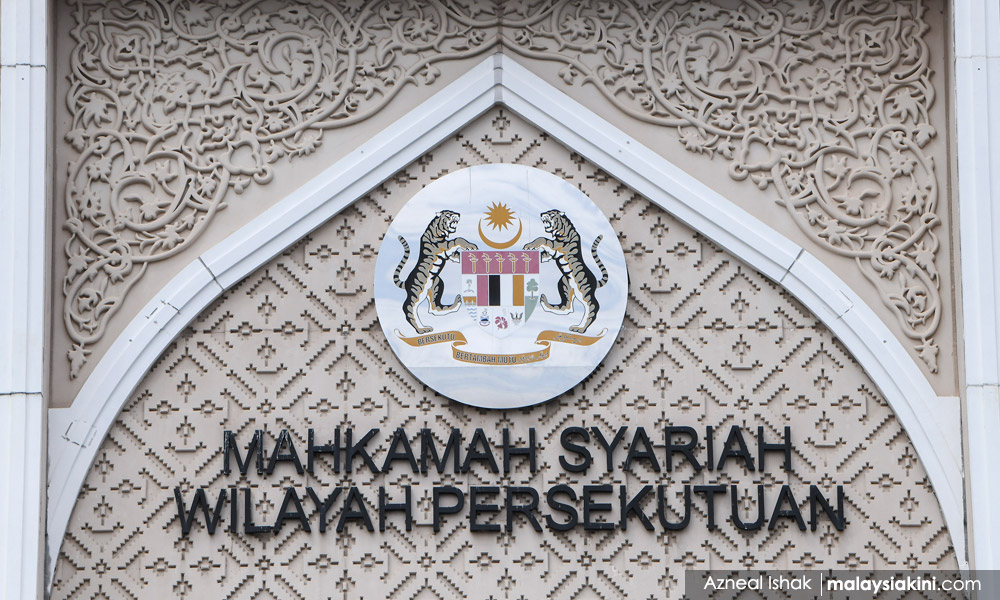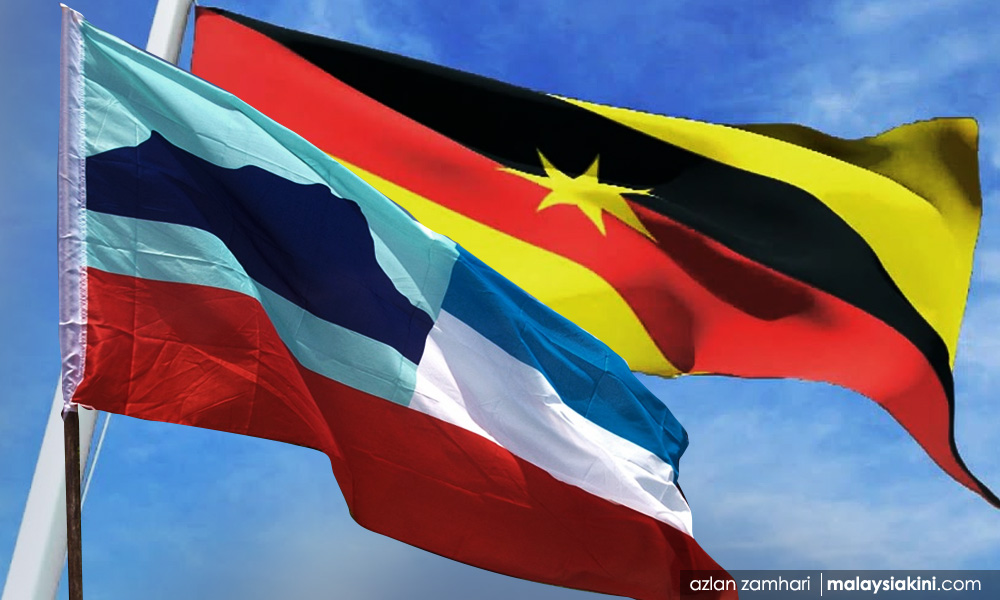LETTER | The clamour from the Borneo regions of Sabah and Sarawak for 35 percent of the 222 parliamentary seats is intensifying.
Currently, these regions hold only 25 percent of the seats. Since Singapore’s exit from the Federation of Malaysia, there has been no redistribution of extra parliamentary seats for Sabah and Sarawak.
This has become a significant point of contention as they seek the full implementation of the terms and conditions outlined in the Federation of Malaysia Agreement of 1963, commonly referred to as MA63.
The full and sincere implementation of MA63, however, goes beyond merely increasing parliamentary representation. It also involves restoring substantial financial autonomy to these regions, which were previously regarded disparagingly as mere “states”.
This autonomy is a fundamental aspect of MA63 and includes control over key resources, such as petroleum and natural gas, and a greater share of the wealth generated within these territories.
There has never been a more opportune time for the political elites in Sabah and Sarawak to demand the full implementation of their political and financial rights.
Given that MPs from these regions currently serve as kingmakers in the present government, it would be difficult for the Pakatan Harapan-led coalition to ignore their legitimate requests. The current political balance presents a rare and powerful leverage to push for autonomy.
Favourable political climate
Political autonomy under MA63 would grant these regions not only one-third of the seats in the lower house but also the ability to veto legislation that might be of disadvantage to their interests.
Although the political climate is favourable for advancing their demands, it would be wise for the political elites of Sabah and Sarawak to adopt a pragmatic approach, focusing on immediate, attainable goals before tackling more complex issues.
For instance, while the restoration of full financial autonomy - including control over 40 percent of the wealth from these regions - may take time, the more immediate focus should be increasing parliamentary representation to 35 percent.
This increase in the lower house could also have a knock-on effect on the Senate, enhancing Sabah and Sarawak’s influence at all levels of government.
To achieve this, a parliamentary constituency delineation exercise is essential. Identifying new constituencies and determining fair criteria for their creation would require careful planning.
Eventually, an amendment to the Federal Constitution would be necessary to formalise the increase in seats for Sabah and Sarawak.
Challenges
While Prime Minister Anwar Ibrahim has been relatively open to the implementation of MA63, challenges may arise when it comes to granting full financial autonomy, particularly concerning control over petroleum and natural gas resources.
Resistance is likely from vested interests that historically benefited from the current arrangement.
However, politicians in Sabah and Sarawak are determined to secure their financial independence, seeing this as a critical step toward self-determination.
In conclusion, the political elites of Sabah and Sarawak are unlikely to let this golden opportunity slip away. The current circumstances are indeed propitious, and as the saying goes, it’s time to make hay while the sun shines.
P RAMASAMY is a retired UKM professor, former deputy chief minister II of Penang and is currently the interim chairperson of United for the Rights of Malaysians Party (Urimai).
The views expressed here are those of the author/contributor and do not necessarily represent the views of Malaysiakini.









 English (US) ·
English (US) ·